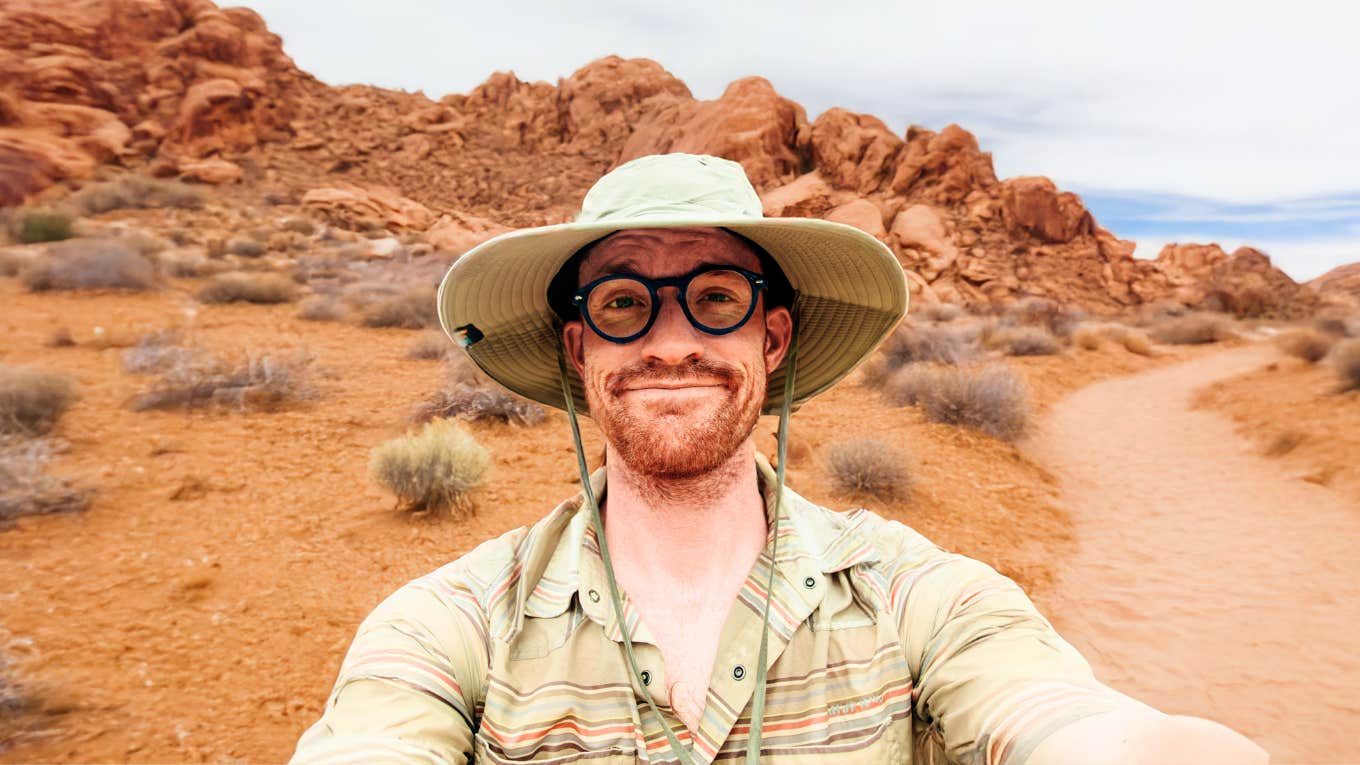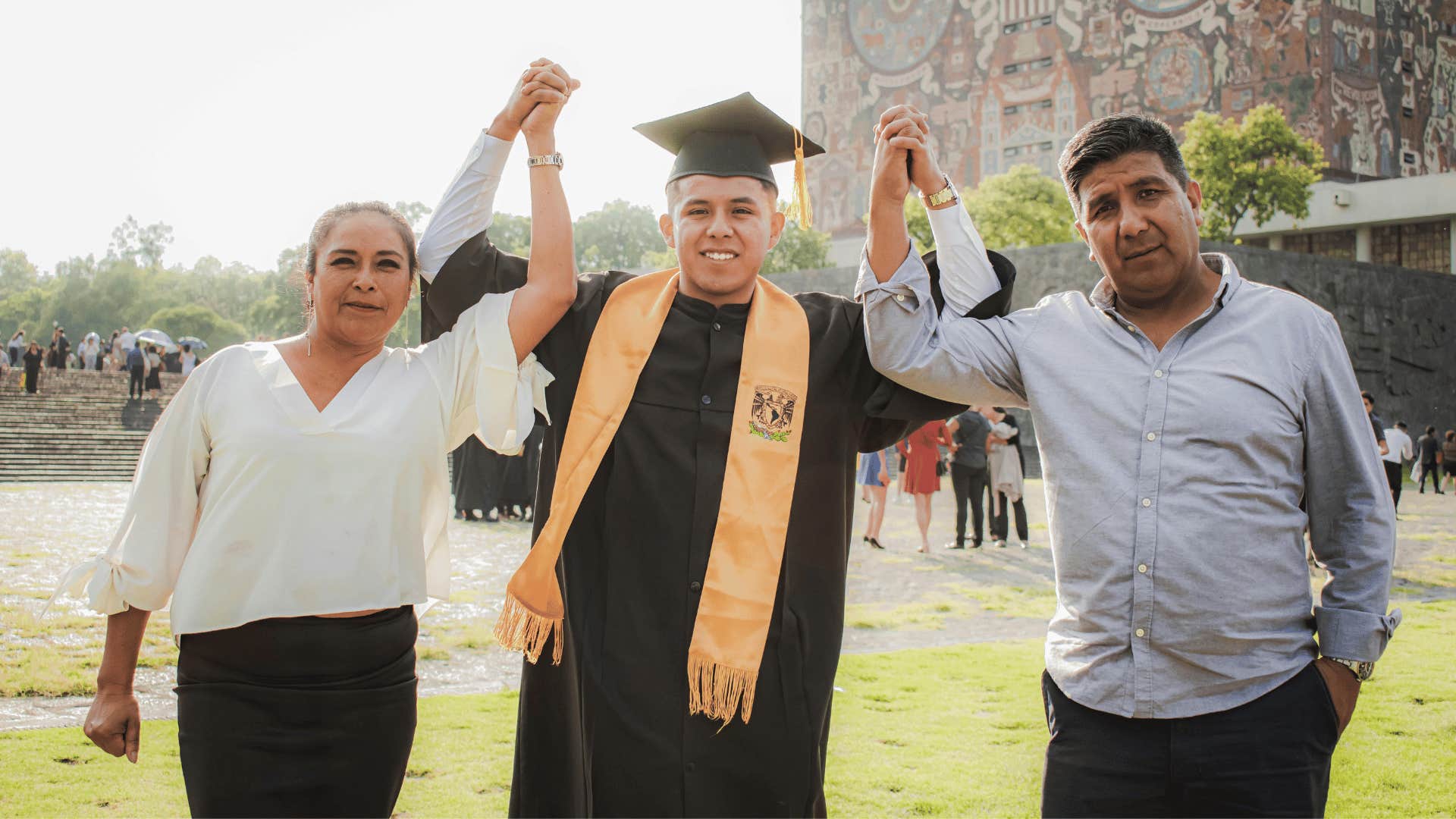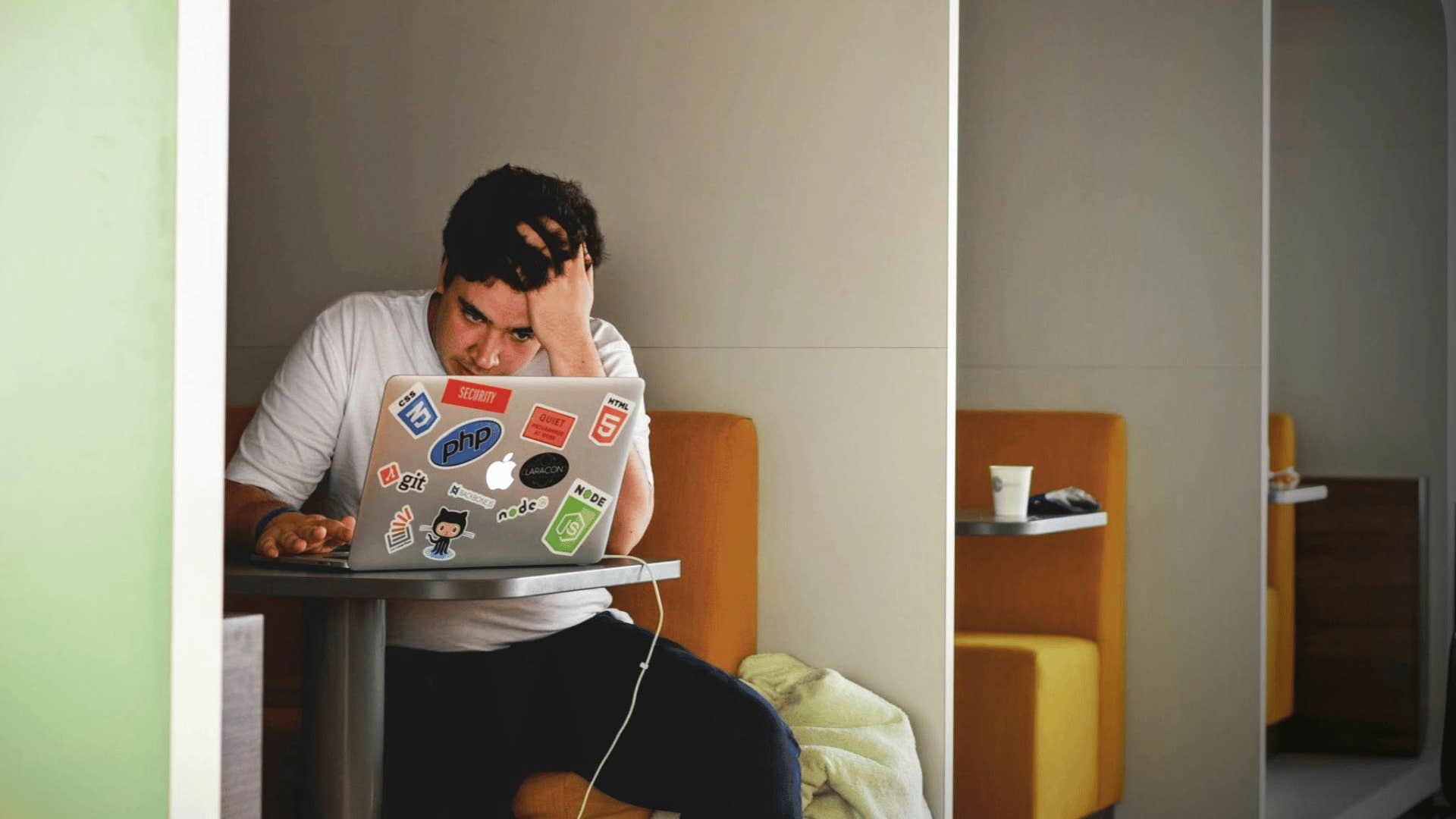10 Questions That Will Change The Trajectory Of Your Life, According To Psychology
Go from procrastination central to having one of the most creatively prolific lives ever.
 Kelly | Pexels
Kelly | Pexels I was blown away by Gary Keller’s book The One Thing when I read it on the top floor of a Bangkok apartment complex. I'd been going through plenty of stress back then. I had taken on too many projects and felt stuck and confused. The fluff-busting approach of asking the right, cutting questions to get to the heart of what’s most essential — the one thing — helped me immensely.
I went from Procrastination Central to having one of the most creatively prolific years ever. I’m borrowing Gary's approach and weaving it into some self-coaching questions so you can enjoy the relief of identifying simple, high-leverage solutions for various challenges. The emphasis here is on narrowing down the range of solutions to the best, most impactful, highest-priority answer. Grab a pen and work through these questions. Feel free to list as many answers you can think of for each. The more, the better. Once you have a list, you can pick the most impactful one for each.
10 questions that will change the trajectory of your life:
1. What is the one thing I can do today that will make everything else in my life easier or more meaningful?
 LightField Studios | Shutterstock
LightField Studios | Shutterstock
It’s easy to take one look at the world today and want to isolate yourself from everything and everyone. You lose this way because humans live to support their fellow men and women. The world owes you nothing. To lift yourself, continually and creatively do things that improve the lives of those who matter to you. That’s worth living for.
“A happy life and a meaningful life have some differences,” says Roy Baumeister, a Francis Eppes Professor of Psychology at Florida State University. He bases that claim on a paper he published last year in the Journal of Positive Psychology, co-authored with researchers at the University of Minnesota and Stanford.
2. What is the one habit that if built consistently would most improve my energy and well-being?
 Halfpoint | Shutterstock
Halfpoint | Shutterstock
A 2013 study from Frontiers in Psychology found that meditative movement has been shown to alleviate depressive symptoms. In this type of movement, you pay close attention to your bodily sensations, position in space, and gut feelings as you move. Qigong, tai chi, and some forms of yoga are all helpful.
For example, frequent yoga practice can reduce the severity of symptoms of post-traumatic stress disorder to the point that some people no longer meet the criteria for this diagnosis, as stated by a 2016 Journal of Alternative and Complementary Medicine study. Changing your posture, breathing, and rhythm can all change your brain, reducing stress, depression, and anxiety and leading to well-being.
3. What is the one thing to which I am saying 'yes' to which I should start saying 'no' to simplify my life?
 Prostock-studio | Shutterstock
Prostock-studio | Shutterstock
Many of us are swayed by the cacophonous array of attractive options competing for attention. And by golly, a lot of it is succeeding. But when you say yes to twelve things, you say no to bringing vital attention and time to fewer things.
And when you get more attention to less, you nourish the thing. You become exceptional. You create something remarkable. So think about it this way. When you say no, you are saying a loud yes to something that requires it.
4. What is the one thing I want to be remembered for, and how can I start embodying that today?
 Davide Angelini | Shutterstock
Davide Angelini | Shutterstock
This makes us aware of what’s truly important to us in our lives beyond the superficial. This takes us out of survival mode and into what impact we’d love to make — one greater than ourselves.
Research on legacy motivations published in the Journal of Current Opinion in Psychology explores the human desire to leave a lasting positive impact on the world, often driven by a need to feel significant and overcome death anxiety, leading individuals to make decisions that benefit future generations, even at personal cost. This motivation can manifest in various ways, including contributing to social causes, raising children well, or creating impactful work, and can be particularly strong when people contemplate their mortality.
5. What is the one thing I’ve been putting off that would give me the greatest sense of relief or accomplishment once done?
 RDNE Stock project | Pexels
RDNE Stock project | Pexels
Do the thing you’ve been avoiding. Clean the snowdrifts of dust from under your bed for a change. Wash the dishes. Do that ‘dull’ chore. It’s not hard; it just requires effort.
Do the thing, and bring as much enjoyment as you can to it. It’s done, and you feel good about yourself. Now tell me you don’t feel four times more productive.
Research by Harvard University indicates that completing a task you've been avoiding often leads to a significant sense of relief and accomplishment, primarily because overcoming avoidance behaviors can alleviate anxiety and negative emotions associated with the task, providing a temporary "reward" for facing your fears. However, this relief can be short-lived if avoidance patterns persist.
6. What is the one relationship in my life that, if improved, would bring me greater joy and support?
 Ulises Peña | Pexels
Ulises Peña | Pexels
Healthy communication is the cornerstone of any functioning relationship. Practice open, honest, and compassionate communication to untangle unhealthy family dynamics.
When we hold expectations, we set ourselves up for disappointment. Instead, lean into trusting that everyone is doing their best at their level of awareness. When you practice releasing your expectations, you open a space for people to be themselves and create the freedom to be yourself.
The Pew Research Center posed an open-ended question about the meaning of life to nearly 19,000 adults across 17 advanced economies. In 14 of the 17 advanced economies surveyed, more mention their family as a source of meaning than any other factor.
Highlighting their relationships with parents, siblings, children, and grandchildren, people frequently mention quality time spent with their kinfolk, the pride they get from the accomplishments of their relatives, and even the desire to live a life that leaves an improved world for their offspring.
7. What is the one thing I can remove from my life that will make space for what truly matters to me?
 August de Richelieu | Pexels
August de Richelieu | Pexels
Time is the most finite resource we have, and at some point, we're all going to run out of it. So why spend it doing something that makes you miserable?
Learning how to manage your time is one of life's most apparent essential things, but it's still hard to appreciate. Many people will stay in that toxic relationship because breaking up is more complicated. Or keep going to that toxic job because it's difficult to find another. Or tell someone, "Sure!" when they wanted to say, "No way!"
8. What is the one belief about myself that is holding me back from living my fullest potential?
 Tim Gouw | Pexels
Tim Gouw | Pexels
Nowhere does it say that we are obliged to act like the person we used to be. A classmate called you stupid in French class, and now you tell yourself the story of how "you’re just not that smart."
Your mom said you were lazy because you never tidied up your CD collection, so you still cling to the made-up idea that you’re a "lazy person." None of it is true. It’s just an idea. You can be whoever you want to be.
Personality is an illusion, and you can break free at any moment. If you need to bring the heat, don’t wait for your "personality" to give you the go-ahead. Seize it with everything you have.
2014 research found that identifying beliefs that hinder reaching one's full potential primarily focuses on the concept of "self-limiting beliefs," which are negative assumptions or convictions about oneself that can restrict actions and limit potential, often stemming from past experiences or societal expectations. This is frequently studied within the "self-efficacy theory" framework developed by Albert Bandura, where a person's belief in their ability to succeed plays a significant role in their actions and achievements.
9. What is the one activity that, when I do it, makes me feel most alive and connected to myself?
 pikselstock | Shutterstock
pikselstock | Shutterstock
Close your eyes briefly and reflect on the last time you were truly happy. Where were you? What were you doing? Why did you feel satisfied?
Many people think happiness is this out-of-reach feeling that we can only “become” once we reach a certain pinnacle of success or achievement or are outside our standard elements (such as on vacation).
But happiness is a lifelong choice. It doesn’t mean every single day will be great, or your life will be perfect, but it does mean you'll choose to allow happiness to be part of your day.
A happy life comes from learning to appreciate and say thank you for the many blessings you already have! Start small. Do one thing every morning that makes you happy. This may mean waking up early, watching the sunrise, drinking coffee, and conversing with your partner. And always remember to thank you for what you do have since gratitude is a proven way to make yourself happier!
Research published in 2022 by Europe’s Journal of Psychology indicates that engaging in activities that make you feel most alive and connected to yourself is highly valuable, often linked to increased happiness, well-being, self-esteem, and a stronger sense of purpose, with concepts like flow state, authenticity, and self-actualization playing critical roles in this connection.
10. What is the one thing I could do to make my daily routine simpler and more enjoyable?
 Photo By: Kaboompics.com | Pexels
Photo By: Kaboompics.com | Pexels
Continually ask: ‘How can I do more with less?’ Like with purpose, you design your ideal routine based on what works for you. What will you do most days, at specific times, without distraction, that ensures you’re focused?
According to research published by the American Journal of Lifestyle Medicine, making your daily routine enjoyable involves incorporating elements like a consistent sleep schedule, prioritizing your to-do list, cultivating meaningful relationships, setting aside time for self-care activities like meditation or exercise, and ensuring you start your day with a healthy breakfast.
Essentially, structuring your day with activities that promote well-being and reduce stress while allowing for moments of pleasure and relaxation. Bonus for writers and brand-builders: What is the one thing I can start doing today that would have the most impact on the growth of my brand?
Action step: Answer one of these questions today, and take one small step today to start living it.
Alex Mathers is a writer and coach who helps you build a money-making personal brand with your knowledge and skills while staying mentally resilient.

